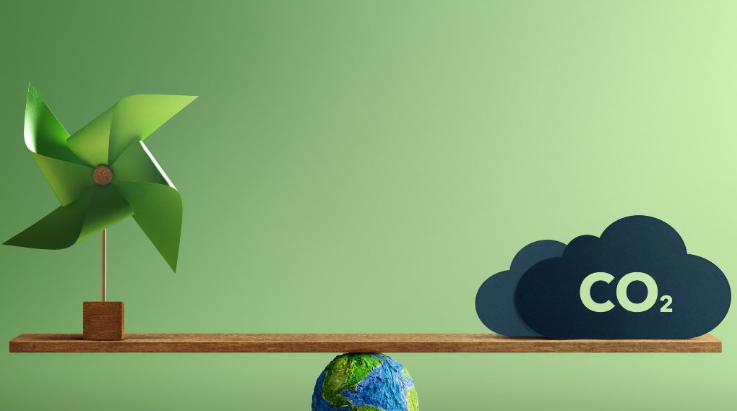In Short : OPEC has issued a warning that the global push for net-zero emissions could jeopardize global energy security. This caution underscores the need for a balanced approach to energy transition. While addressing climate change is vital, ensuring energy security and stability is equally important. Striking a balance between environmental concerns and energy needs is crucial for a sustainable future, highlighting the importance of comprehensive and thoughtful policies that consider both environmental and economic factors.
In Detail :
- OPEC general secretary Haitham al-Ghais criticizes calls to halt investments in new oil projects, labeling it an “extremely risky narrative.”
- Amid contrasting views with the IEA, OPEC’s latest oil outlook expects global oil demand to rise until 2045, reaching 116m barrels per day.
- With an anticipated decline in global output by the early 2030s, OPEC predicts its oil market share will increase from 34% to 40% by 2045.
Climate action to reach net zero undermines investment in the oil sector and jeopardises global energy security, warned OPEC.
General secretary Haitham al-Ghais took aim at forecasters predicting a drop-off in oil demand this decade, with the cartel engaged in a protracted war of words with the International Energy Agency over investments in oil and gas projects.The climate agency has urged countries to stop new fossil fuel investments to reach net zero emissions by 2050, and to achieve the goals of Paris Agreement of sustaining global temperature rises to well below two degrees.
Al-Ghais considered this to be an “extremely risky narrative,” according to remarks reported by news agency Reuters, with OPEC instead hiking demand expectations in its latest annual oil outlook report.
Speaking yesterday at the publication’s launch in Riyadh, Saudi Arabia, he said: “Calls to stop investments in new oil projects are misguided and could lead to energy and economic chaos.”
This follows moves by OPEC and its allies including Russia (OPEC+) to cut more than five million barrels per day out of global markets to prop up crude prices — with investors now fearing supply shortages, helping to drive rallies across major benchmarks.
Brent Crude and WTI Crude prices climbed more than 25 per cent during the last quarter, with both benchmarks currently priced at $87.18 per barrel and $85.35 per barrel respectively.
OPEC has now raised its predictions for global oil demand over the medium term, estimating a rise from 102m to 110.2m barrels per day over the next five years.
Meanwhile, the expectations outlined in last year’s report, of oil demand reaching a plateau after 2035, have been ditched.
Instead, OPEC anticipates demand to continue rising until 2045 and climb to 116m barrels per day, 6m barrels per day more than it predicted last year.
This demand growth will be led by China, India, other Asian nations, and Africa and the Middle East.
Its forecasts contrast with IEA predictions that coal, oil and natural gas consumption could peak before 2030.
OPEC also expects its total share of the oil market to rise from 34 percent to 40 percent by 2045, with output from the rest of the world declining in the early 2030s.

